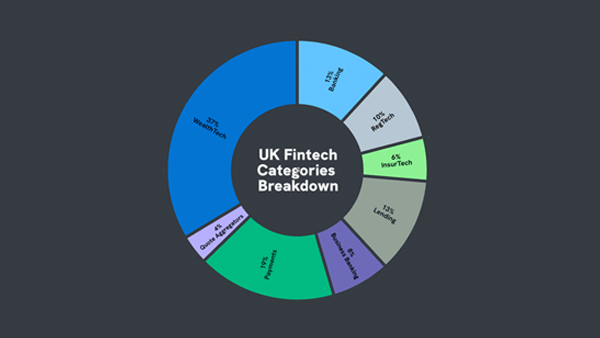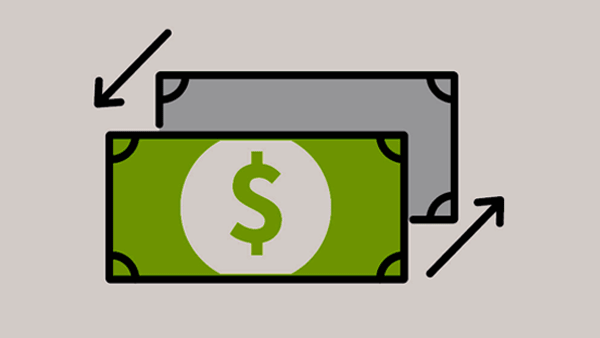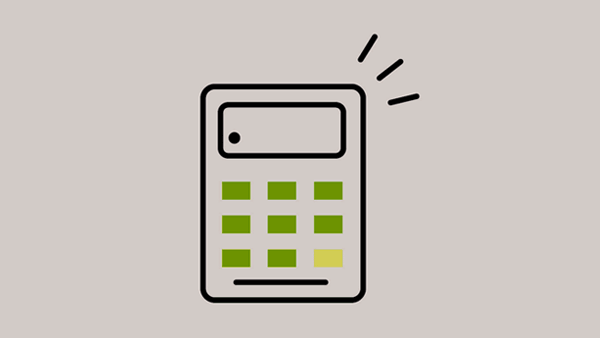
The record date is normally one day after the ex-dividend date. It is set by the company that pays out the dividend to its shareholders. The company usually gives out three dates; the declaration date, the ex-dividend date and the payment date. On the declaration date the company announces how much dividend per share it will pay.
The ex-dividend date is important to investors, as it is the cut off date for when investors need to hold shares in order to qualify for the next dividend payout. The company also announces a third date, which is the dividend payment date.
Whilst the declaration date, the ex-dividend date and the payment date are important to investors, the record date is not.
This is because, the record date is simply the date on which the dividend paying company is checking its records to determine which shareholders should be paid in the forthcoming dividend payout cycle. So, while it is an important date for the company to check its books and statements, it is a somewhat insignificant date for investors.







